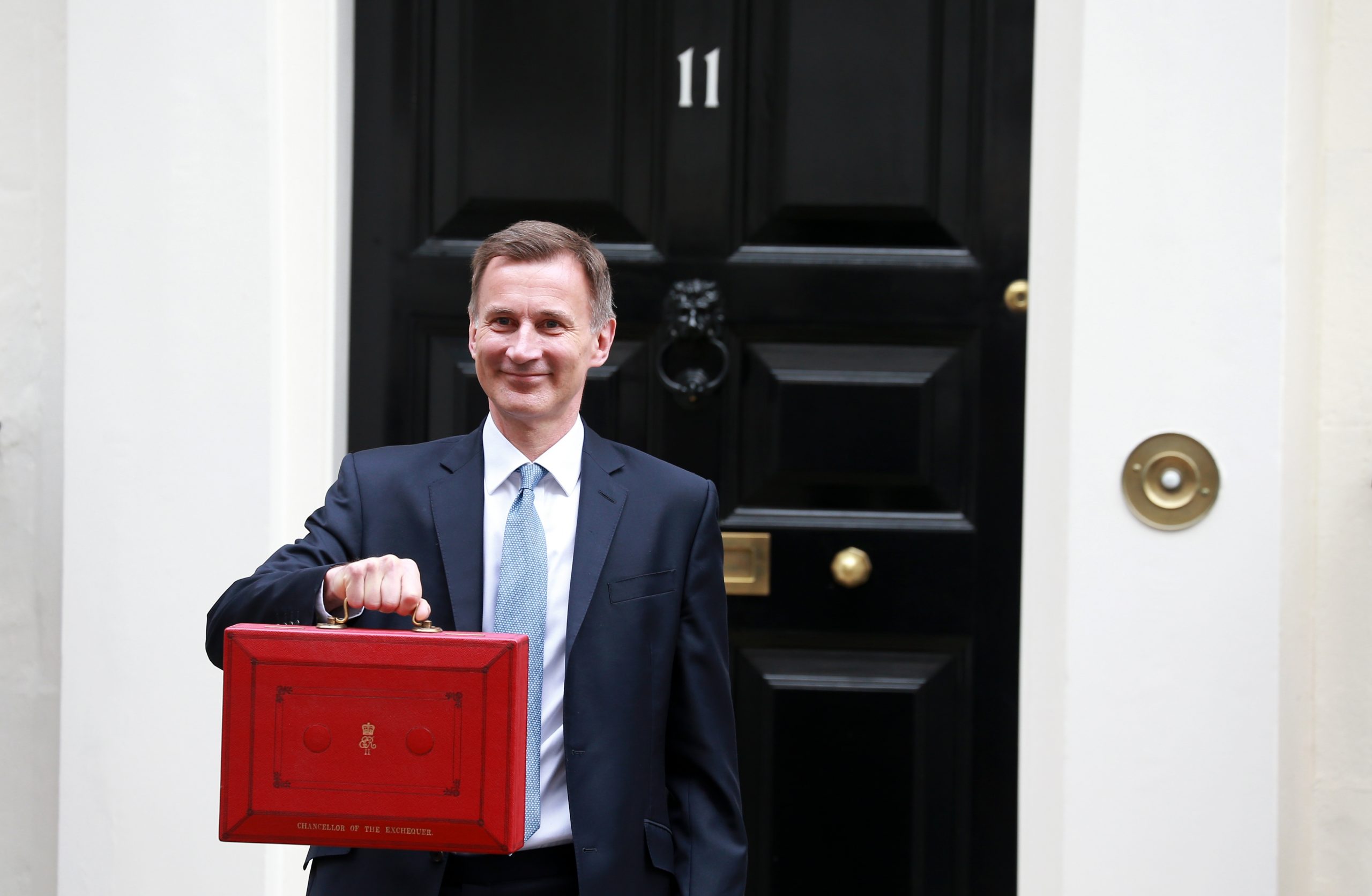
Key accounting takeaways from the Spring Budget 2024
Whenever the budget comes around, there will inevitably be policy announcements that promise to have far-reaching consequences. The Spring Budget 2024 is no exception, especially as there is expected to be a general election later in the year. Below, you’ll find details of what we’ve identified as the main takeaways from this year’s Spring Budget.
Impactful changes announced in the spring budget
We won’t stop you if you want to read the government’s executive summary of the Spring Budget 2024. However, we thought we would make things a bit more straightforward and summarise the points which, in the view of a Chartered Accountant, will have the most impact on businesses and individuals.
Further reductions to national insurance are set to be implemented, leading to equivalent savings of £450 for the average employee over the course of the year. This figure comes to £350 for the average self-employed worker.
• As announced in the Autumn Statement 2023, from 6 April 2024, self-employed people with profits above £12,570 will no longer be required to pay Class 2 NICs, but will continue to receive access to contributory benefits, including the State Pension.
• The employees NIC rate will be reduced from 10% down to 8% from April 2024.
• The self-employed Class 4 NIC rate will fall from 8% to 6% from April 2024.
For the first time in 7 years, the threshold for mandatory VAT registration is set to increase – from £85,000 to £90,000. This change will be brought in from April 1st, meaning that many businesses will no longer be required to register for VAT. Tax interacts with businesses in a variety of different ways, some potentially good and some potentially bad. Enlisting the help of a VAT specialist Chartered Accountant can help you make the right decisions.
From 6 April 2025, the current remittance basis of taxation will be abolished for UK resident non-domiciled individuals. This will be replaced with a new 4-year foreign income and gains (FIG) regime for individuals who become a UK tax resident following a period of at least 10 tax years of non-UK residence. This coming year will therefore be a transition period for those using the current system. Qualifying individuals will:
- Not pay tax on FIG arising in the first 4 tax years after becoming UK tax resident, as well as tax on non-resident trust distributions.
- Lose entitlement to personal allowances and the capital gains tax annual exempt amount if they choose to be taxed under the new 4-year FIG regime.
- Not need to make a claim for every year of the 4 years.
There are no changes to capital gains tax rates, other than concerning the disposal of residential property. From April 6th 2024, it will fall from 28% to 24%. The basic rate band remains at 18%. Jan McDermott Chartered Accountants are here to help if you need expert advice on selling a business.
Multiple Dwelling Relief is set to be abolished from June 1st 2024, along with the Furnished Holiday Lettings Relief scheme from April 2025. The former allowed for a reduction in Stamp Duty Land Tax (SDLT) for property purchases involving more than one property.
Looking for trustworthy accountants in Liverpool?
While the autumn and spring budgets get a lot of media attention, there are changes happening all the time that most people likely aren’t aware of. We take the time to understand the ins and outs of policy changes so you don’t have to. Jan McDermott Chartered Accountants offer support for businesses in a variety of areas, including tax, bookkeeping, payroll, forecasting, and much more. Get started today with a call. Our team is professional, friendly, and efficient.